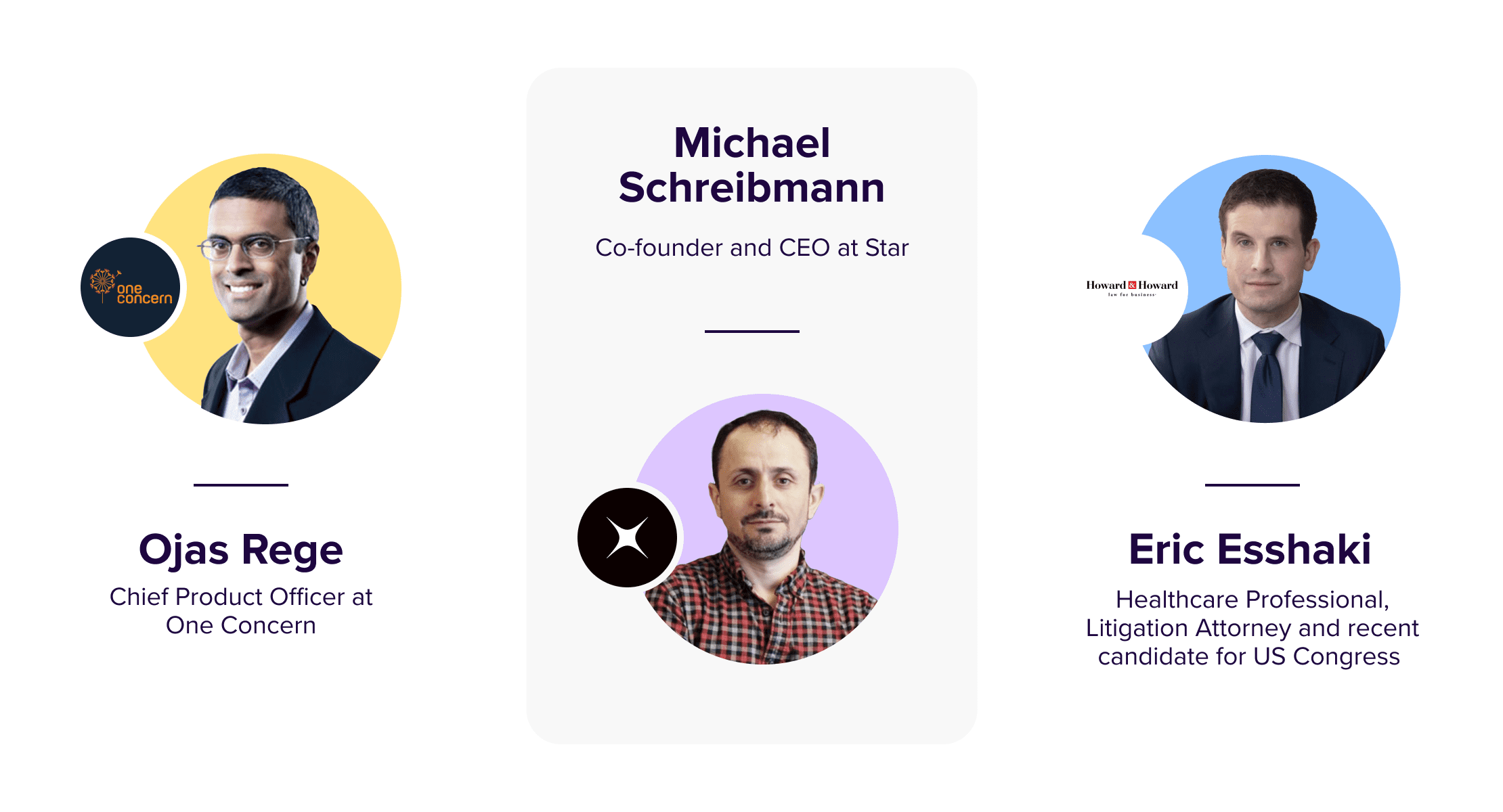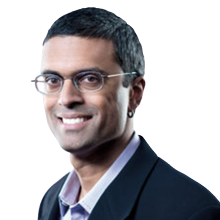
The Chinese symbol for “crisis” has two separate parts. The first simply means danger. The second implies “a critical crossroads.” The latter was the focus of a recent Shine podcast episode. Three experts talked about the critical crossroads facing humanity as we emerge from the grips of a global pandemic. Which way will we choose to go? And how can we take the lessons we’ve learned from the pandemic to improve the way we learn, live and work?
Education’s digital transformation
While digital transformation is nothing new, the experts agreed that we’ve witnessed an acceleration in digitalization as a response to the pandemic. Nowhere has this transformation been felt more keenly than in the world of education. From primary and secondary schools to higher education, educational institutions have had to rapidly embrace remote learning solutions to continue operating during the pandemic.
The panelists discussed how this is just the beginning of a drastic shift in our approach to education. Here are some of the insights about how digital transformation is evolving education and the way we learn from the discussion:
- A system primed for disruption: According to Michael, the educational system has shown signs of an impending disruption for quite some time. “Over the past 30 to 40 years, the rising cost of education has outpaced inflation by about four times. That’s typically where you begin to see disruption because service outcomes don’t really keep pace with the costs.” And now that educational institutions have gone digital, there’s no going back. “I believe we’ll see a continuous evolution of educational technology and digital learning tools for optimal engagement in the virtual classroom.”
- The changing role of education: In addition to transforming the way education is delivered, the pandemic has also impacted what educational institutions will need to teach going forward. “I view a new age of enlightenment at our footsteps,”
- Michael described how, “It’s not an incremental change…through this pandemic we’ve seen massive rifts in public trust of governments, in the erosion of empathy across social media, in people being used as products by social media companies, and I think that’s a catalyst to changing curriculum at our educational institutions.”
- The impact of technology on traditional education: Via technology, people can gain access to more information than at any other point in human history, a fact that challenges the conventional role of the educational institution. As Eric observed, “Historically, the purpose of the university was to provide an education where people couldn’t get it otherwise. Now, we’re seeing how technology is expanding [online] learning platforms in so many ways. So the question is, what role will universities fulfill in the long term when we have a plethora of other resources at our disposal?”
- Making education accessible for all: The panelists also focused on how technology will impact education’s cost and availability. “After the pandemic, digital and distance learning will enable Ivy League and other universities to put more students through their programs,” Michael illustrated this idea by describing how “we’re also going to see changing demographics in student populations, with more people in their 30s and 40s going back to school to learn.” Ojas was hopeful of what this development could mean for universal access to education. “To me, the real value of this technology is widening out access to quality education to a much broader pool of individuals across the country.”
Subscribe on Apple Podcast | Subscribe on Spotify
Digital trends that will define the next decade
The panelists also looked ahead and talked about the technological trends that would shape the next five to ten years.
- Achieving a net-zero economic base: The most critical use of the technologies that have emerged during the pandemic is to help society achieve a net-zero economy, in which emission production is completely offset by emission reduction. This will require new technologies for power generation and distribution and considerable investment and cooperation from both corporations and nations. However, the stakes could not be higher. “Whoever wins that game will win the next 100 years in terms of economic power, Ojas predicted.
- Increasing access to healthcare: While the pandemic has highlighted the enormous disparities that exist among different communities’ accessibility of healthcare services, it has also shown technology’s potential to address these differences. “Technology has shown the ability to improve our healthcare system and make it cheaper to underprivileged and impoverished populations. Whether it’s remote monitoring or diagnostic tools…that will be interesting to watch over the next few years,” Eric stated.
- Protecting democratic institutions: Michael reflected on the theme of the discussion and how technology can help society choose the right path forward, “I’m actually excited and optimistic about technology that can help steer us in the right direction at this crossroads. For example, technologies that will help protect democratic institutions, bring communities together and increase empathy rather than decrease it.”
Find out more
In addition to discussing the future of digital and distance learning, our expert panelists also talked about how we will live and work after the pandemic, the future of social media and how companies can learn to “walk the talk” when it comes to sustainability.










